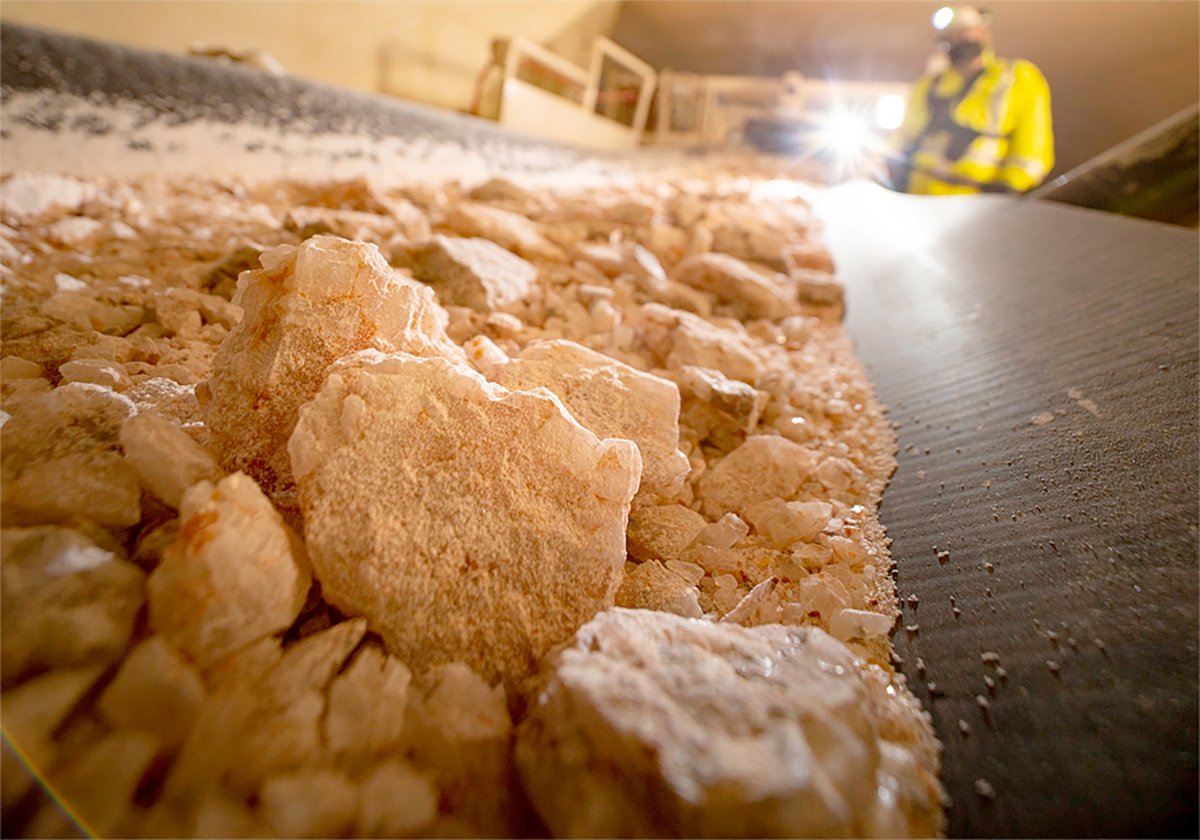The multinational company that promised neighbourly relations along with a 7,200-sow barn has left the country without paying more than $18,000 that the Alberta provincial court says it owes.
Representatives of Taiwan Sugar failed to pay $18,500 in court costs, which the Alberta Court of Appeal said it must pay a community group that opposed Taiwan Sugar’s proposed hog barn, said Lana Love. Love represents the County of Flagstaff Farm Promotional Society, which spent five years fighting the barn development proposal from Taiwan Sugar.
“We can’t even find Taiwan Sugar,” said Love of Hardisty, Alta. “They haven’t paid their bill.”
Read Also

Saskatchewan looks to expand trade in Indonesia
Saskatchewan intends to increase its agricultural partnership with Indonesia.
Efforts to contact officials with Taiwan Sugar for comment were unsuccessful.
In April, the Alberta Court of Appeal ruled that the County of Flagstaff, Taiwan Sugar and DGH Engineering of Manitoba must pay the community group’s share of court costs.
Within a month, the county paid the $5,550 that the judge said it owed the group. DGH Engineering, the company contracted by Taiwan Sugar to help it through a maze of local, provincial and environmental regulations, is also required to pay a portion of the court costs.
Betty Hodgkinson of DGH Engineering confirmed that the Manitoba company is tied to Taiwan Sugar in the court judgment but said it hasn’t been in contact with Taiwan Sugar since it lost a bid to build a hog barn in the central Alberta community almost two years ago.
“We haven’t worked out any deal with Taiwan Sugar,” said Hodgkinson.
Love said her group tried to contact Taiwan Sugar through its last known address, a law firm in downtown Edmonton, but had no success. The organization has placed a lien on the five quarters of land around Hardisty that Taiwan Sugar bought for its barns.
Under Alberta regulations, the company had to apply for a foreign ownership exemption from the province to build the barns. That exemption expires in December 2005, when the company must sell the land if it has not started a hog operation.
“At some point they have to deal with us. Why would they hang on to five quarters of land in the middle of Alberta?” said Love.
Even if the company decided to dust off its proposal, it could only build on three quarters because other development permits were granted on two nearby quarters of land, making two of Taiwan’s quarters ineligible for future hog barn development.
Cliff Drever of Camrose, who sold the land to Taiwan Sugar and now rents it back, said he was unaware of unpaid court costs and the lien placed on the land.
Kim Chai of Edmonton, who works with Taiwan Sugar, said he hadn’t heard about the unpaid court costs either.
Ron Popek of Alberta Agriculture said the department hasn’t been in contact with the company since Taiwan Sugar’s management team returned to Taiwan.
While the provincial government did pay for part of the feasibility study to find a suitable location for the hog barn, that’s where its responsibility ends.
“This is a private sector initiative,” said Popek.
Although the government encouraged the company to invest in Alberta, Popek said it would be a stretch to assume the government would be responsible for paying Taiwan Sugar’s bill.














